Mother and baby units are already closing beds as hospitals process psychiatry resignations
Mother and baby mental health units are already refusing intakes as the NSW doctors’ dispute begins to hit patients and fears the shut-down of critically under-resourced services will be catastrophic rise.
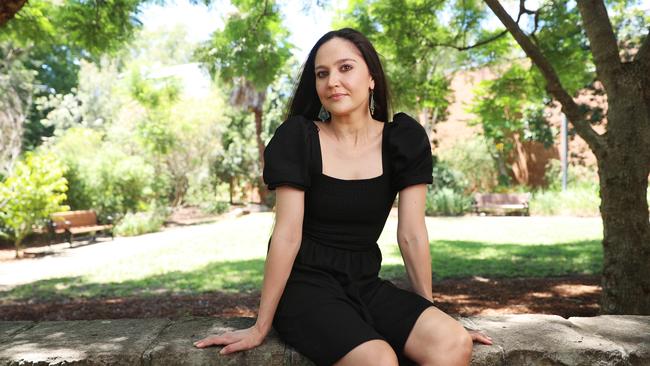
Mother and baby mental health units are already closing beds and refusing intakes as the NSW doctors’ dispute begins to hit patients, with perinatal psychiatrists saying they fear the total shutdown of the critically under-resourced services.
NSW has only two perinatal mental health units where mothers can be admitted with their babies with a total of 16 beds, at Westmead in western Sydney and Royal Prince Alfred Hospital in inner Sydney. Westmead has now shut four of its eight beds amid a dispute with psychiatrists, and admissions are being refused from community services across the state.
It is planned that if mass psychiatrist resignations eventuate, Westmead’s mother and baby unit will not take any patients and that new mothers in mental distress will be treated in other settings.
It comes as local health districts begin processing staff specialists’ resignations, while asking that the resignations be reconsidered. An extraordinary 201 psychiatrists have resigned from NSW public hospitals, devastating the workforce.
Almost all of the state’s fewer than 20 staff specialist perinatal psychiatrists have resigned as part of the protracted dispute with the NSW government.
Child and adolescent services are also at critical risk, with the state’s most senior child psychiatrists penning a letter to a senior NSW health ministry official stating that “children already have suboptimal access to child and adolescent psychiatry in the public sector” and that the government’s crisis plan to deal with the mass resignations “will be unable to ensure provision of ongoing responsive and effective care for children and young people”.
“As senior psychiatrists with leadership responsibility for Child and Adolescent Mental Health Services, which are mostly community based, we are concerned that the critical incident crisis approach being discussed in the context of the potential additional staff shortages is not sustainable,” the doctors write.
“We feel ethically obligated to state our concern that CAMHS will be unable to ensure provision of ongoing responsive and effective care for children and young people.
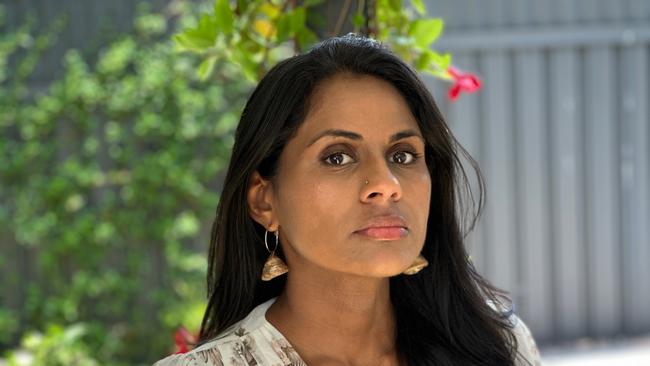
“Access for children and adolescents to care in emergency departments and acute inpatient units is vital … Without community-based treatment in collaboration with agencies such as child protection and youth justice, children and young people will present by necessity to ED. However, it is likely that their clinical care needs will be neglected. This is a vulnerable population for whom lack of access to services can have an enduring and severe impact on the child’s life and development.”
Psychiatrists in perinatal community mental health teams say they fear child removals will occur if the NSW government does not resolve the impasse, when vulnerable new mothers in regional areas or disadvantaged zones of Sydney are unable to access specialist services. Mother and baby mental health units are supposed to be a statewide service, but Westmead’s unit is now limiting admissions requested by regional community teams. These units care for women with severe depression, relapses of schizophrenia or bipolar disorder, and post-natal psychosis.
Suicide and misadventure as a result of severe post-partum mental illness is a leading cause of child and maternal mortality. Between 10 and 20 per cent of women are diagnosed with a mental illness in the post-partum period.
“Given how common perinatal mental health illness is, there are a number of women who would benefit from mental health inpatient care during this time who we simply have to turn away and we can’t care for because there aren’t enough psychiatrists to provide care,” said Rohini Vasudevan, a senior lecturer at the University of NSW and a perinatal psychiatrist.
Dr Vasudevan, who was speaking in her capacity as an academic, said staff within the units had confirmed Westmead was already capping beds.
“We can confirm that four beds from the Westmead Hospital Mother and Baby unit are currently shut,” Dr Vasudevan said. “This is meant to be a statewide service, and they’re currently not receiving out-of-area referrals, so this means a great number of women across the state currently do not have access to any mother-baby units should they suffer from a mental illness in the perinatal period.
“I think it’s unconscionable that the government would allow mental health beds to close. I don’t think this would happen in any other specialty. They would never allow pediatric beds or oncology beds to close.
“It means that extremely vulnerable women who are going through a perinatal illness have nowhere to go. They will either not receive any care at the worst, or they will be admitted to an adult mental health unit where they would be separated from their babies, which has huge implications and long-lasting implications to attachment, to confidence in mothering, to mothercrafting, which then confers a lot of risks to the child.
“I think your worst fear as a psychiatrist is that a patient you are unable to provide adequate care for, essentially due to a broken system, ends up having a bad outcome. That could mean the death of not only a woman but her children as well. So the consequences are dire.”
The Centre for Perinatal Excellence’s Australian Clinical Practice Guidelines state that babies and mothers should be admitted together for mental health services whenever possible.
Ariane Beeston, who was admitted to a private mother and baby psychiatric unit when her son was an infant and she experienced delusions and hallucinations at a time when such public units did not yet exist, said she was already being contacted by mothers who were extremely concerned about the psychiatry crisis. Ms Beeston has written a memoir about her experience and is an advocate for perinatal care.
“We know from the research that keeping mums and babies together is certainly best practice, but already there simply aren’t enough beds,” she said. “So these mother and baby units are critical.
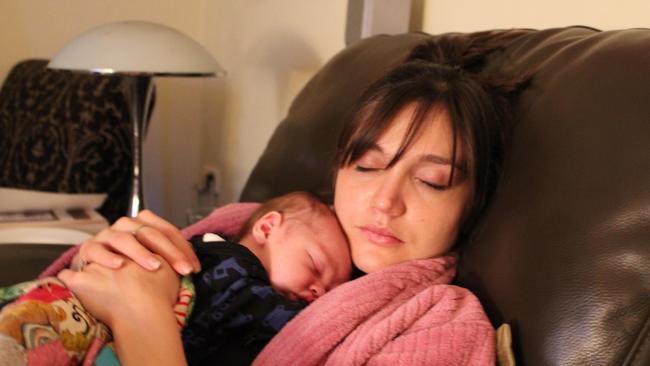
“There’s the risk that women will fall through the gaps and we know that tragedies can occur if women don’t receive the care that they need and if women are separated from their baby. That’s just not good enough.”
The NSW government has begged psychiatrists not to walk away from their jobs. It is warning of dire knock-on effects for the entire health system but says it cannot meet demands for a 25 per cent pay rise, which psychiatrists say is necessary to stem the massive and ongoing exodus of staff from the public system. The health ministry is formulating contingency plans and setting up a crisis operations centre.
“We have been clear that the proposal of a mass resignation will impact our entire mental health system, including perinatal mental health services,” NSW Mental Health Minister Rose Jackson said. “This is why we are imploring psychiatrists to stay at the table and negotiate a reasonable pathway forward.
“The psychiatrists’ next and only move cannot be a mass exodus, the stakes are far too high and the impacts are far too dangerous.”
The psychiatrists say they have no choice but to take a stand when the system is on its knees, staffing levels are unsafe, recruitment and retention of staff is impossible, and they can no longer provide safe care.
“I’ve always been really passionate about perinatal psychiatry, but I feel that I can no longer support a broken system,” Dr Vasudevan said. “I felt like I had to stand up and ensure the government takes notice and does something about this because it cannot keep going the way it is. There are too many lives at risk.
“The public mental health system has been on the decline for decades now. People are leaving in droves for the private sector, where conditions, hours and pay are significantly better. This is our last chance to assist in both retention and recruitment of public psychiatrists.
“We just can’t turn a blind eye. We feel like we’re at the point where we almost feel like we’re complicit – the system is actually breaking down.
“We’ve been raising the red flag. We’ve been begging for them to pay attention.”
If this story has raised issues for you, contact Lifeline on 131 114, Beyond Blue on 1300 224 636 or PANDA on 1300 726 306


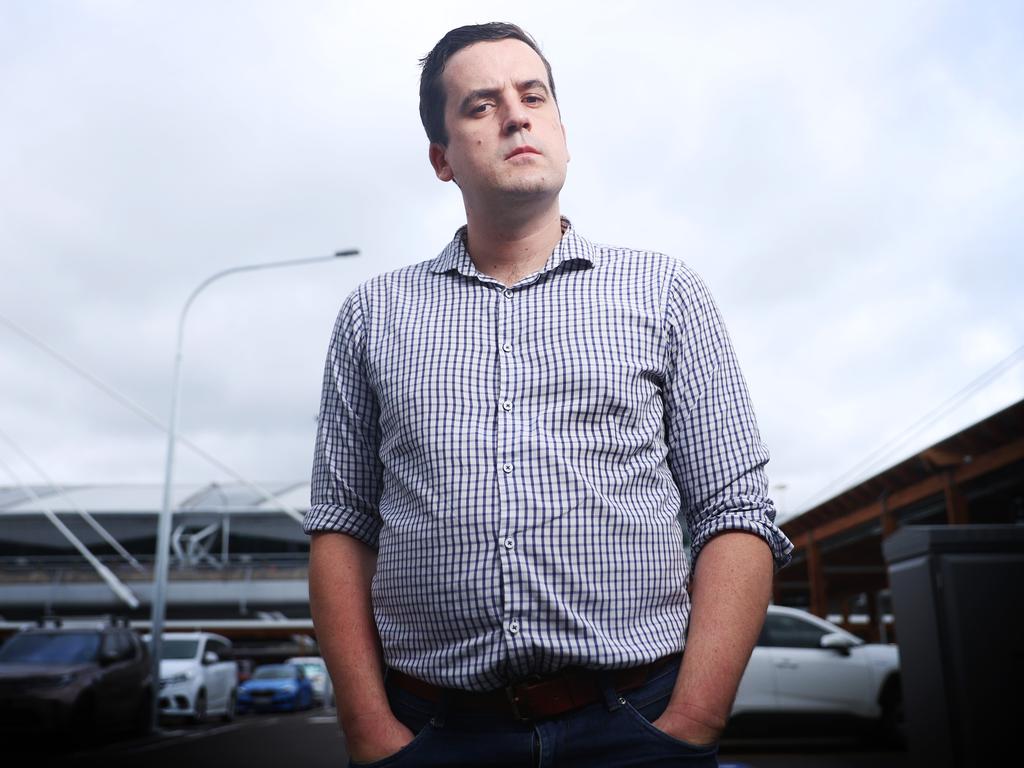
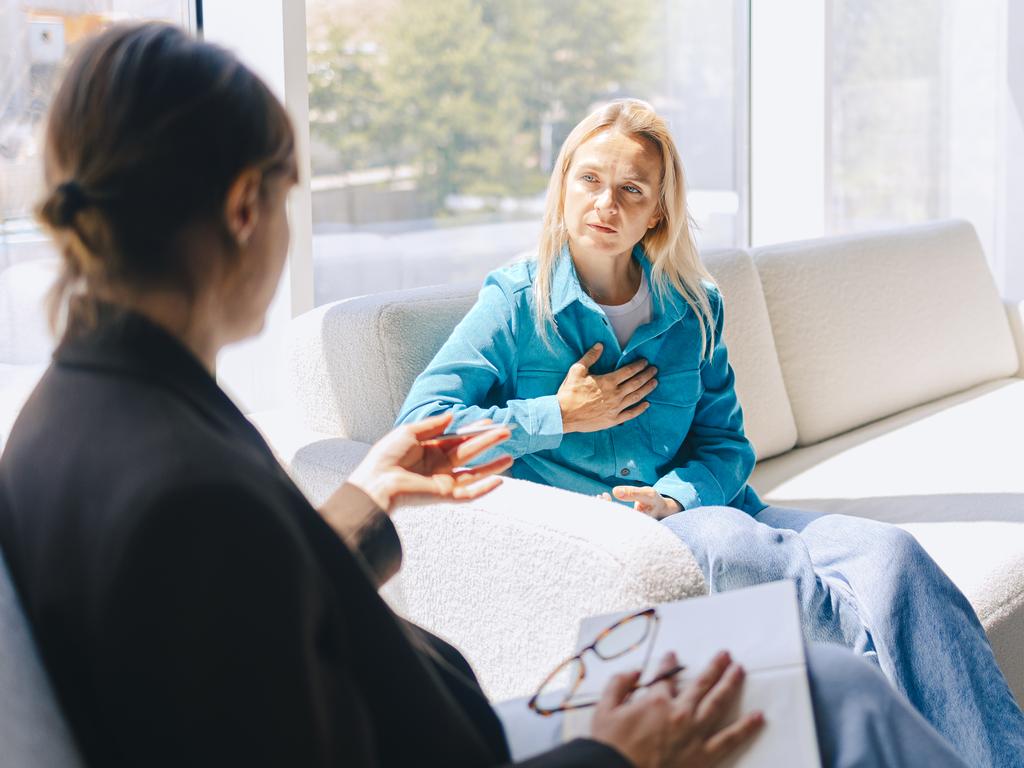
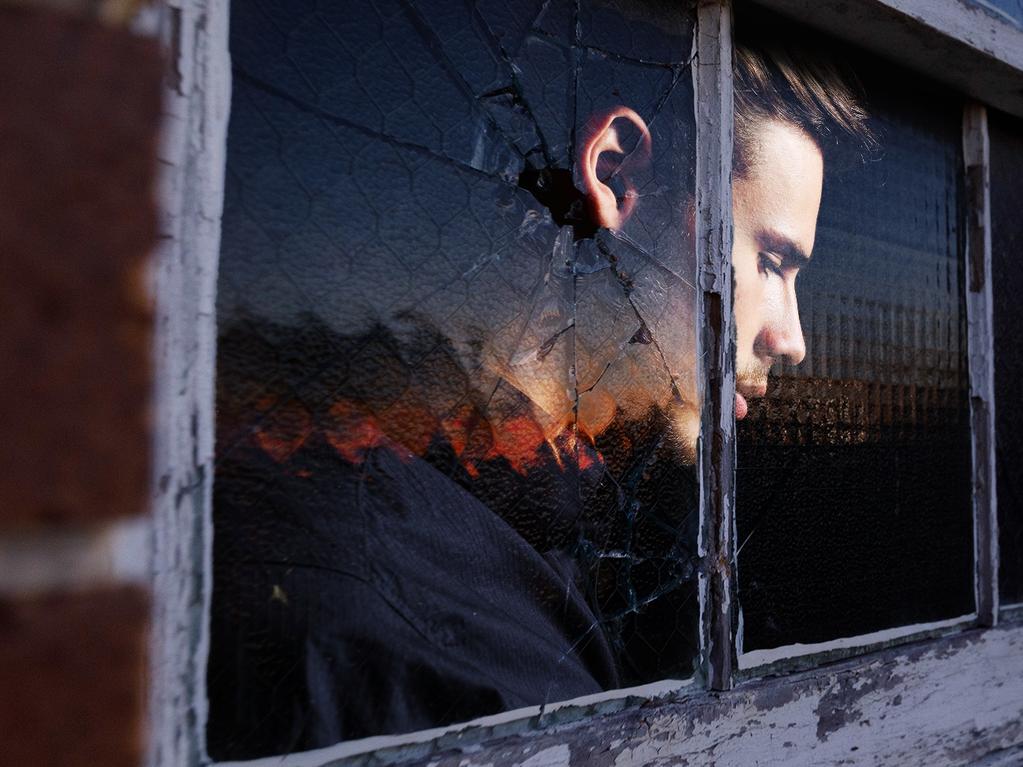
To join the conversation, please log in. Don't have an account? Register
Join the conversation, you are commenting as Logout